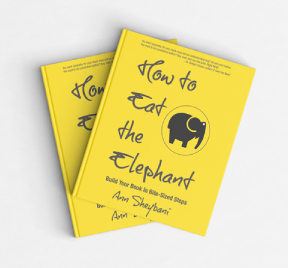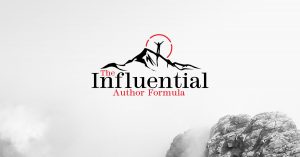Writing
What if your book is an epic failure?!
February 17, 2024
You’ve been talking about writing a book for years, a book that will attract right-fit clients, grow your business, impact lives, establish authority in your field.
But you’re afraid to get started because….what if you fail.
OK, maybe this isn’t you, but let’s just pretend you’re like 80% of the people that I work with.
What if you pour all that time, energy, and maybe even money into writing a book that yields you zero rewards?! Like, what if your book is poorly received, namely, it won’t sell more than 3 copies? Or worse, what if having that book out in the world negatively impact your reputation?
You’re not crazy to worry about this stuff because we’ve all heard the stories. If you’re in business, you’ve seen the business card books that make you feel just a little bit embarrassed for the author. If only because they have that DIY feel. Or you can’t figure out the message or the relevance to you.
Maybe you’ve seen the business books that are basically autobiographies with a few reader questions thrown in for good measure. Even though the questions feel random…
You know, on and on the examples of poorly executed books go.
The best way to get over this fear is to do some planning before you sit down to write a book. And to get clear on your true purpose for writing a book.
If you want to write about stuff you’re interested in—and most of us are interested in tons of stuff—are you in fact creating a passion project, something with zero relevance to your business? If so, no harm no foul. You just don’t want to call it a business book if that’s not in fact what you are setting out to write.
Even if you want to indulge your passion, you still have to identify an outcome for the reader. You still need to identify the target market for your book.
Why should anyone invest 4 hours of their life reading your musings? What’s in it for them?
Get clear on the return on investment for your reader first, and you will avoid a lot of heartache.
The best books for your business are written for a very specific reader in mind. They speak to the very specific problem your book will help that reader minimize or resolve. The core message of your book must tell your reader what’s in it for them if they read your book. All of your stories, lessons, examples, and research must serve this reader and this core message.
Without this central touchstone, your book could be just another collection of random musings.
And no one wants that, least of all you.


